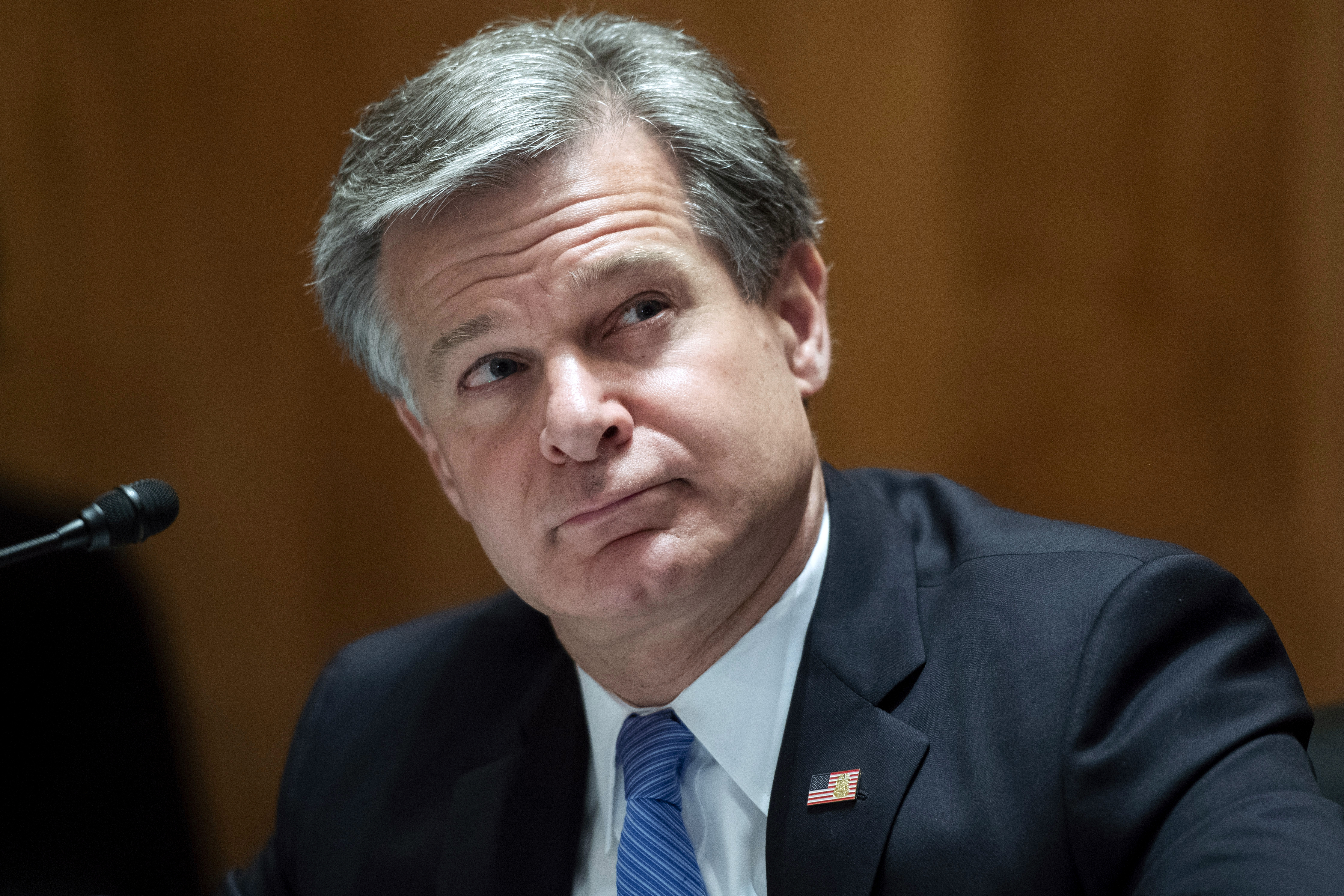The MTA wants to take a new approach to curbing fare evasion and numerous failed attempts.
This time, instead of installing gadgets to stop fare beaters, they're considering hiring a psychologist to get into their minds in hopes of "shrinking" the expensive problem.
The MTA website is now advertising an RFP — that’s request for proposal — for a “behaviorist” who can dig into the societal trends behind an epidemic of non-payment.
MTA executives have said they're in a high stakes battle. While only 13.6% of subway riders are fare evaders, nearly half of all bus passengers skip paying. It all adds up to a staggering projected loss of $700 million this year.
"We have to win or else the system is gone," MTA CEO Janno Lieber warned at a recent board meeting.
Some riders were skeptical of the psychological approach.
Get Tri-state area news delivered to your inbox.> Sign up for NBC New York's News Headlines newsletter.
“I mean, if the behavior analyst can come up with a solution, I don’t think it’s gonna change the way people think,” said Sheila Sessums, a Bronx resident waiting for an uptown M102 bus in Manhattan.

The MTA's application for an expert seeks someone who can conduct research on the motivations and devise behavioral interventions to stop fare evasion.
News
The MTA is only thinking about the idea. With the potential of paying the consultant between half-a-million and $1 million over a six-month period.
“The MTA is advancing a holistic approach to address fare evasion that the blue ribbon panel recommended in 2023, including efforts to reinforce the importance of paying your fare and making it easier for customers to pay," an MTA spokesperson told News 4.
But the transit union said making buses free might be a better route than solving rider psychology.
“I don’t know how that’s gonna help a person who can’t pay the fare — telling them to feel good and then telling them get off the bus isn’t gonna really help," JP Patafio, of the Transport Workers Local 100, said Friday.
Transit officials presented the board with analysis on why people evade the fare, and they're already addressing a known weakness: closing open subway gates that have led to what the MTA chairman calls crime of opportunity.
The MTA has offered no timeline of when or if they’ll move forward on the plan.



